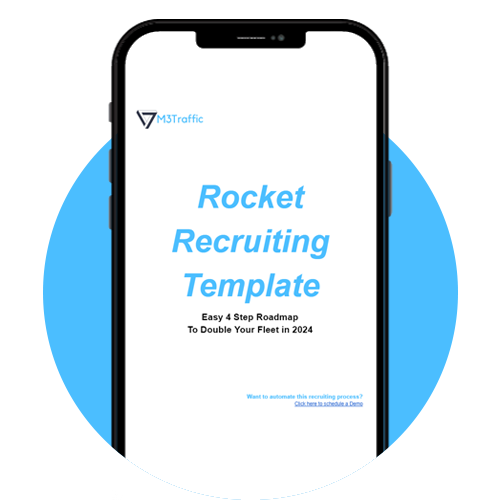Blogs
Learn expert strategies to run your company more effectively with the articles on this blog.
Guest articles, interviews, and step by step guides are all on there. Search through and enjoy.
Blogs
Learn expert strategies to run your company more effectively with the articles on this blog.
Guest articles, interviews, and step by step guides are all on there. Search through and enjoy.

Factoring Unpacked: Cash Flow Strategies, Types, and Success Stories
Factoring Unpacked: Cash Flow Strategies, Types, and Success Stories
In this detailed discussion, Mitch welcomes Tina Capobianco to delve into the intricate world of factoring. Despite its commonality, this topic is explored beyond its basics, offering valuable insights into the sale of accounts receivable.
Tina succinctly explains the fundamental concept: businesses sell accounts receivables to factoring companies to maintain cash flow while waiting for customer payments. She emphasizes that factoring does not incur debt but instead is an asset sale.
2 Types of Factoring
Full Recourse Factoring means that if the factoring company cannot collect the receivable within a set period (e.g., 90 days), the client must repay the advance, likening it to a short-term loan.
Non-Resource Factoring offers a credit guarantee, removing the client’s risk if a customer defaults or becomes insolvent.
Factoring vs. Bank Financing
While bank financing may come at a lower interest rate, factoring offers several unique advantages. Factoring is accessible even to startups and businesses without a long financial history, focusing on the quality of receivables instead of credit history.
Moreover, factoring companies often provide additional services like collections and credit checks, acting as an outsourced accounts receivable department. This can actually end up savings on costs if you can reduce staff on your team.
Choosing a Factoring Partner
Selecting the right factoring partner involves more than just considering rates. Here’s a handful of things to look for:
Longevity in the business
financial stability
transparency
service offerings
no hidden costs
check for references
The Road to Success with Factoring
Tina’s discussion highlighted a compelling success story of a two-truck operation growing to 450 trucks with the help of factoring. This demonstrates how, with the right partner and strategy, factoring can transform a business’s financial landscape, enabling growth and stability.

Download Our Rocket Recruiting Template
Easy 4 Step Roadmap To
Double Your Fleet in 2024

Factoring Unpacked: Cash Flow Strategies, Types, and Success Stories
Factoring Unpacked: Cash Flow Strategies, Types, and Success Stories
In this detailed discussion, Mitch welcomes Tina Capobianco to delve into the intricate world of factoring. Despite its commonality, this topic is explored beyond its basics, offering valuable insights into the sale of accounts receivable.
Tina succinctly explains the fundamental concept: businesses sell accounts receivables to factoring companies to maintain cash flow while waiting for customer payments. She emphasizes that factoring does not incur debt but instead is an asset sale.
2 Types of Factoring
Full Recourse Factoring means that if the factoring company cannot collect the receivable within a set period (e.g., 90 days), the client must repay the advance, likening it to a short-term loan.
Non-Resource Factoring offers a credit guarantee, removing the client’s risk if a customer defaults or becomes insolvent.
Factoring vs. Bank Financing
While bank financing may come at a lower interest rate, factoring offers several unique advantages. Factoring is accessible even to startups and businesses without a long financial history, focusing on the quality of receivables instead of credit history.
Moreover, factoring companies often provide additional services like collections and credit checks, acting as an outsourced accounts receivable department. This can actually end up savings on costs if you can reduce staff on your team.
Choosing a Factoring Partner
Selecting the right factoring partner involves more than just considering rates. Here’s a handful of things to look for:
Longevity in the business
financial stability
transparency
service offerings
no hidden costs
check for references
The Road to Success with Factoring
Tina’s discussion highlighted a compelling success story of a two-truck operation growing to 450 trucks with the help of factoring. This demonstrates how, with the right partner and strategy, factoring can transform a business’s financial landscape, enabling growth and stability.

Download Our Rocket Recruiting Template
Easy 4 Step Roadmap To Double Your Fleet in 2025
